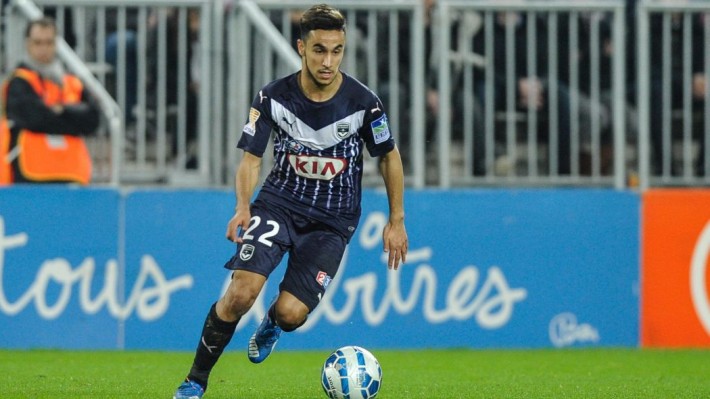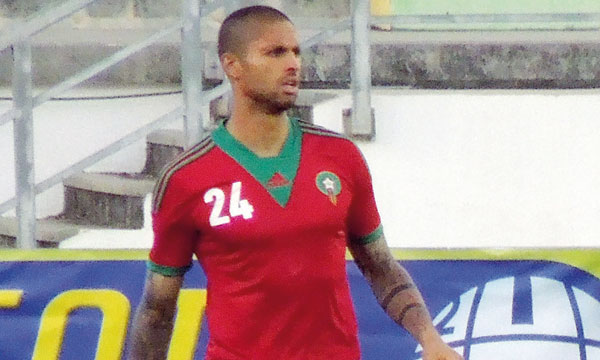The countdown to FIFA’s much-anticipated elections in Zurich is now under way, with the vote scheduled for this Friday. The spotlight has fallen on Prince Ali Bin Al-Hussein, the Jordanian royal and one of the candidates vying to succeed Sepp Blatter as president of football’s governing body. Prince Ali has raised concerns about the transparency and integrity of the election process, but the Court of Arbitration for Sport (CAS) rejected his request to postpone the vote earlier this week.
Prince Ali, who has positioned himself as a reformist candidate committed to improving governance at FIFA, also proposed the installation of transparent voting booths to ensure full visibility and fairness during the election. This request was likewise denied by CAS, effectively leaving the Jordanian with limited recourse to alter the conditions under which the vote will take place. In response, Prince Ali expressed regret over the decision but emphasized his commitment to participating in the electoral process despite the challenges.
The FIFA elections have drawn global attention, not only because of the recent scandals that have rocked the organization but also due to the highly competitive field of candidates. Alongside Prince Ali, the leading contenders include Bahraini Sheikh Salman bin Ibrahim Al-Khalifa, Italian-Swiss Gianni Infantino, Frenchman Jérôme Champagne, and South African Tokyo Sexwale. While Blatter’s resignation left the organization in a period of transition, the race is now tightly focused on the two front-runners—Sheikh Salman and Infantino—who are widely expected to dominate the voting process.
Prince Ali has already made his mark on FIFA politics. In the previous election held in May, he forced the Swiss incumbent to a second-round vote, demonstrating both his influence and the appeal of his reform agenda. His campaign has consistently highlighted issues such as governance, transparency, and accountability, advocating for measures designed to prevent corruption and ensure that the organization serves the global football community effectively.
Despite the CAS ruling, the Jordanian candidate has vowed to remain active and vocal throughout the election process. Analysts suggest that while his chances of winning may be limited against the heavily backed front-runners, his participation serves as a significant counterweight, keeping reformist issues at the forefront of the debate. FIFA, which has faced scrutiny from governments, sponsors, and fans alike, will be closely watching how these discussions shape the organization’s future and credibility.
The election itself represents a pivotal moment for football’s global governance. Stakeholders, including national associations, players, and fans, are eager to see whether the next president will usher in a new era of transparency and ethical leadership. The outcome of this vote will have repercussions not just for FIFA’s administrative structure, but also for the integrity of competitions, global development programs, and the sport’s image worldwide.
As Friday approaches, all eyes will be on Zurich. Prince Ali’s concerns about voting transparency may not have altered the timetable, but they underscore ongoing debates about accountability within FIFA. Whether he can translate his advocacy into meaningful influence in the election remains to be seen. For now, the world waits to see who will inherit the presidency of the organization and how they will steer the future of the world’s most popular sport.












